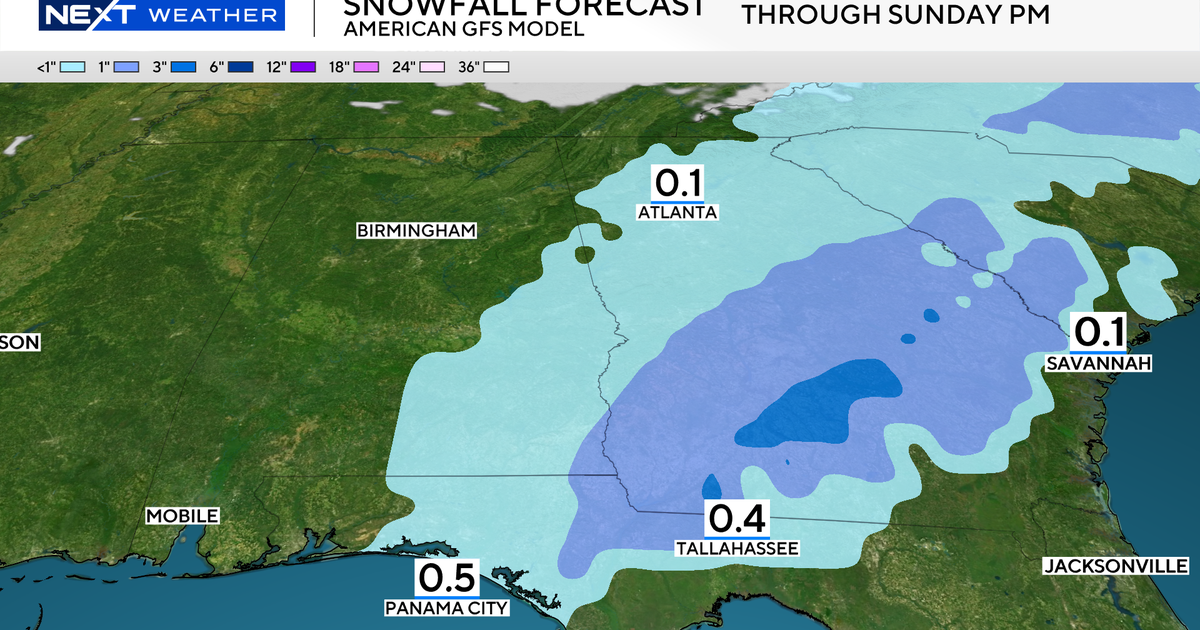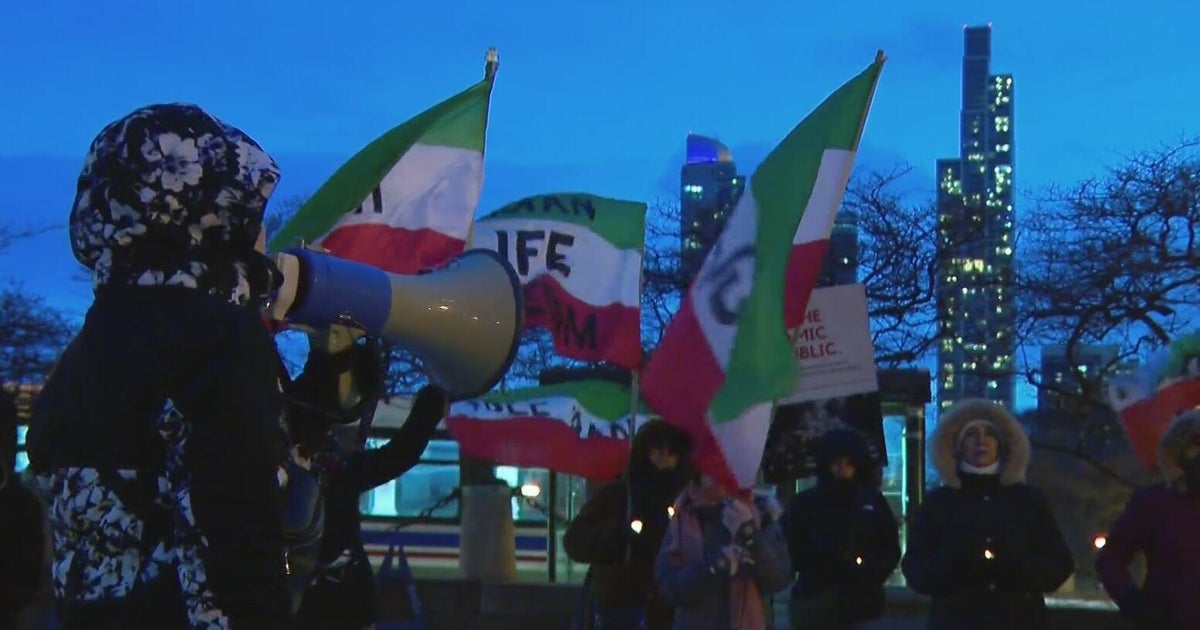Here is what to look out for as temperatures drop significantly
PHILADELPHIA (CBS) - The sudden drop in temperature is not only a shock to our systems, doctors say it can be dangerous. CBS Philadelphia has the warning signs you should watch out for.
People are bundled up at Dilworth Plaza where this sudden burst of cold weather can potentially be dangerous.
The risk for hypothermia increases significantly when your body gets too cold.
Symptoms include shivering, clumsiness, lack of coordination, confusion, slurred speech and drowsiness or lack of energy.
The average body temperature is around 98.6 degrees Fahrenheit. Hypothermia can begin at 95 degrees Fahrenheit. If your temperature drops to 90 degrees, that's the danger zone.
"As the temperature drops, you get more and more blood staying in the core of your body and less in your extremities which is why you get the numbness and tingling and frostbite," Tyler Brown, an EMS, said.
Frostbites happen when skin freezes by being exposed to cold air. It can happen in minutes.
There are four stages to frostbite:
- First-degree is feeling a burning or stinging sensation to exposed skin
- Second-degree is when the skin develops clear blisters within 24 hours
- Third-degree is when blisters get worse and can become bloody
- Fourth-degree is when the skin tissue turns black
"You should be at the hospital before you see black," Esther Rathjen, a nurse specialist, said.
If treated quickly, within 24 hours, Doctors can unfreeze tissue and reverse some of the damage.
However, cold weather dangers can be avoided.
"Prevention means warm hats, warm gloves, warm clothing, dress in layers but if you start to get cold and notice numbness and tingling get inside immediately," Rathjen said.
Infants, older adults and people with serious health conditions are most at risk for cold-related illnesses or injuries.







